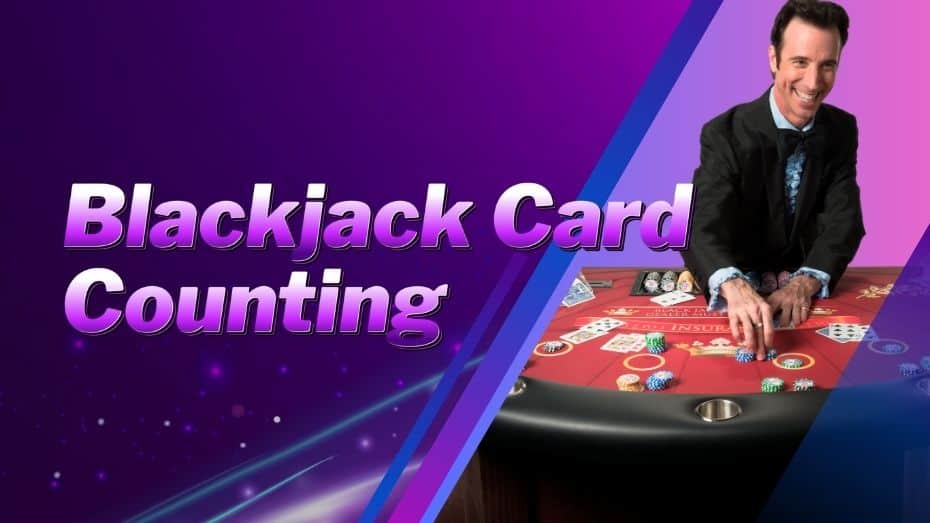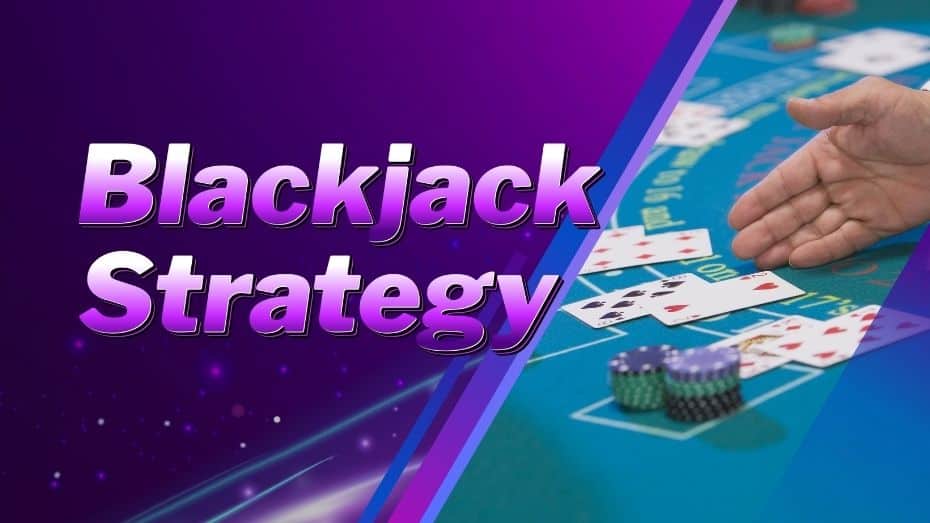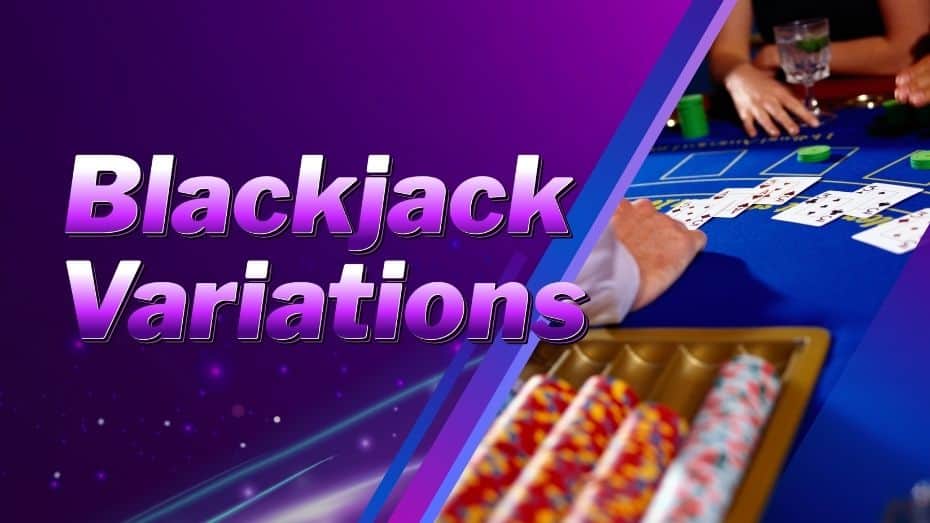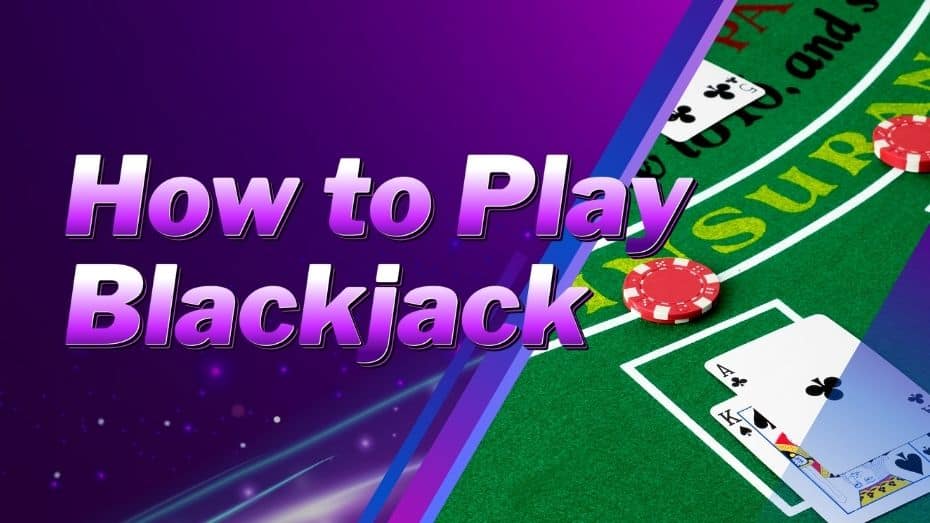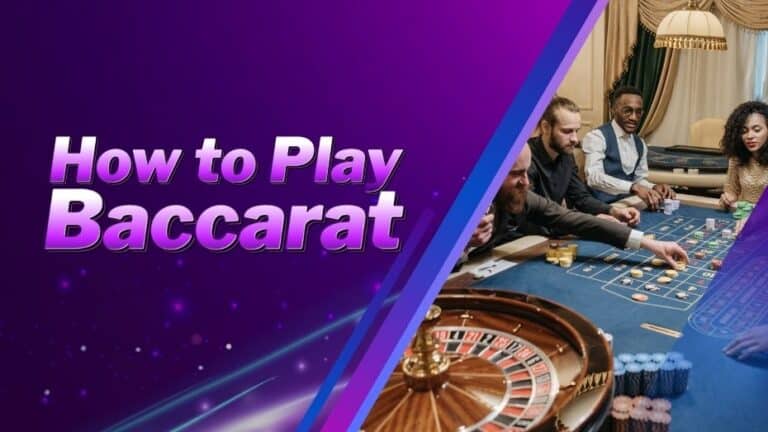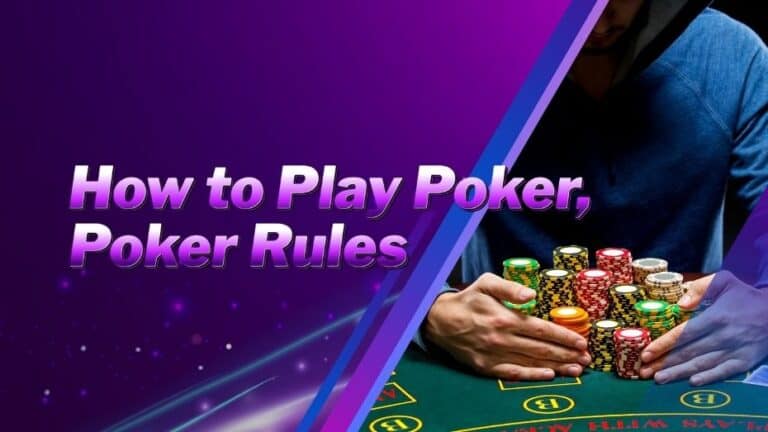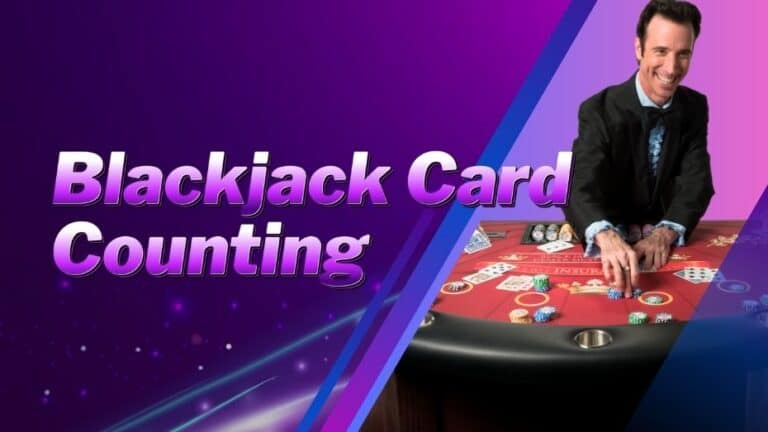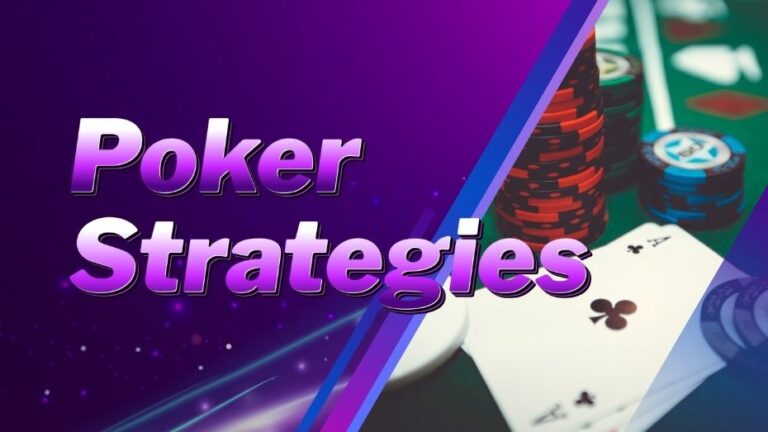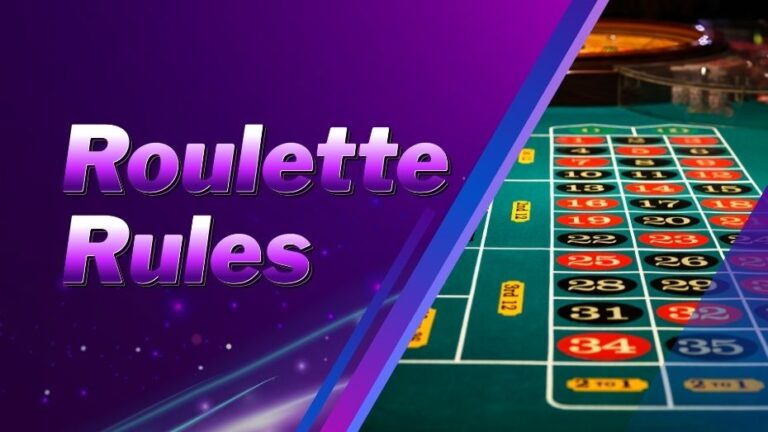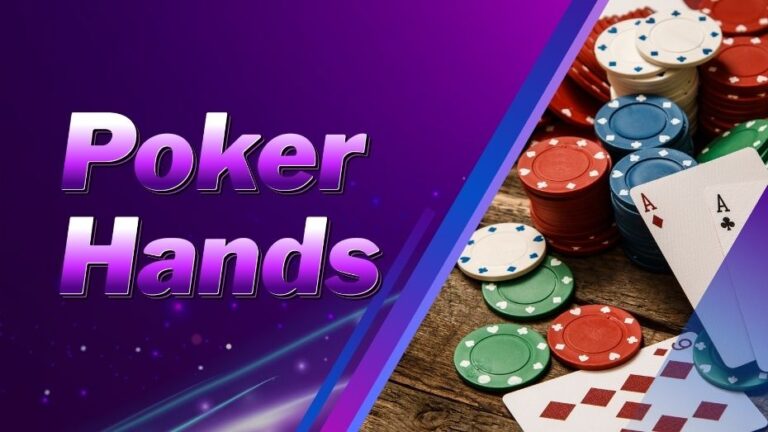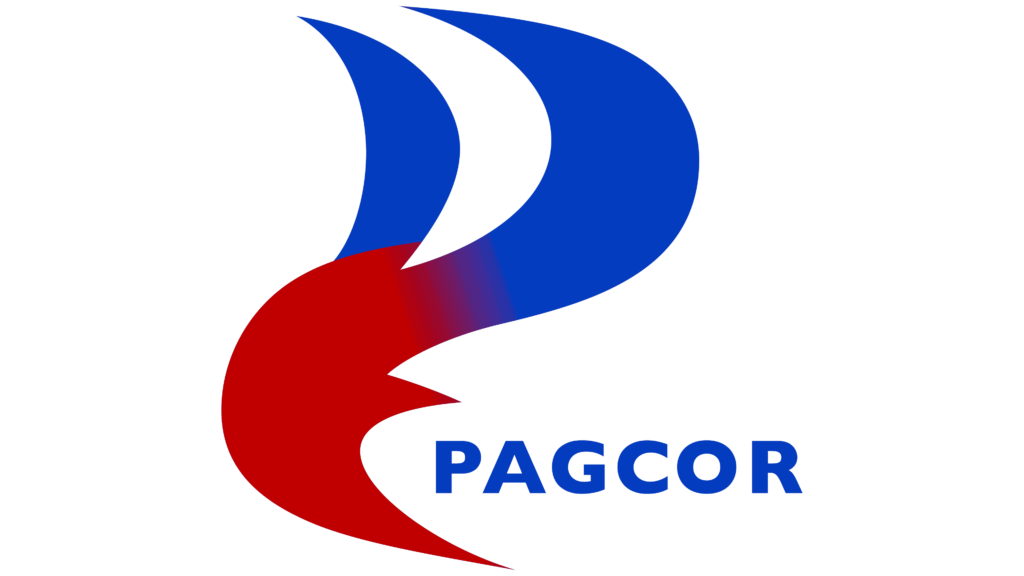Unleash Maximum Winnings: Mastering Blackjack Odds!
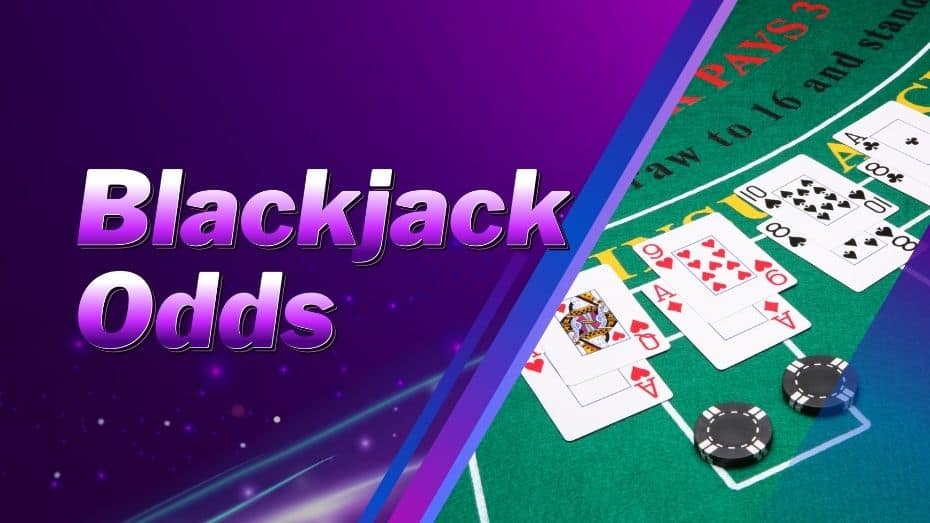
The Value of Understanding Blackjack’s Odds
The table game of blackjack in casinos seems to be rather simple. Wins can be made quickly because each hand only contains two cards, and the goal is to go as close to 21 as you can without going over. However, as can be observed by investigating the strategies and utilizing your tactics, blackjack can be a devilishly difficult game.
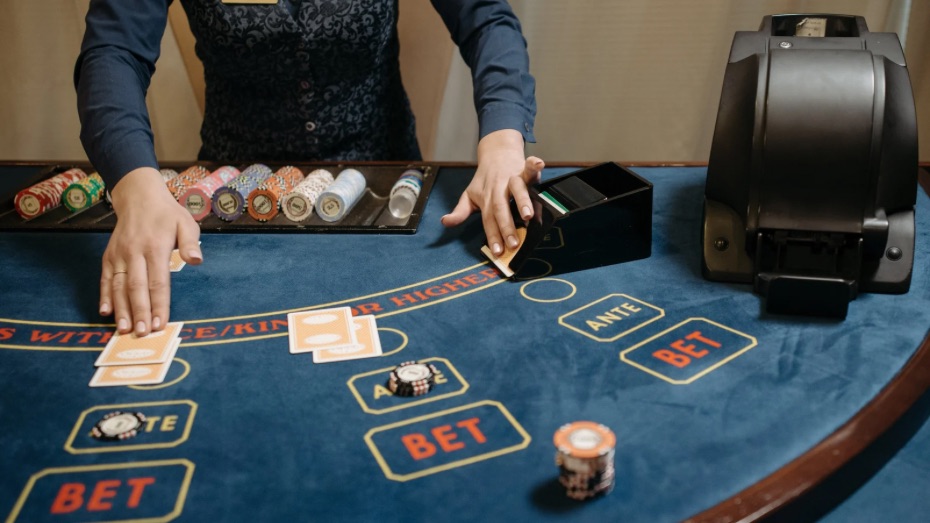
It can be a little intimidating to read about the intricate techniques and numerous ratios and percentages, but at Lodibet, we’ve got you covered. This helpful guide explains all of the important blackjack statistics, including the house edge, player odds, and the best chances to continually surpass the dealer.
What Are the Odds and Probabilities in Blackjack?
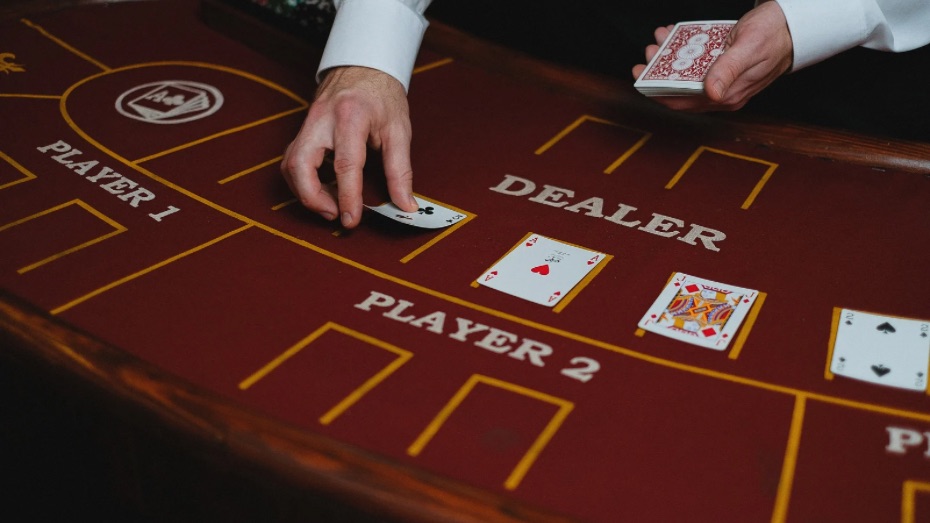
Chances and probabilities are fundamentally different concepts, despite the fact that the ordinary individual will mistakenly think they are the same.
Probability is the likelihood of succeeding in a game. Therefore, if we were to estimate our chances of selecting one card out of a total of five, it would be 0.2, or 20%.
Blackjack odds, on the other hand, refer to a representation of chance. Calculating odds involves comparing the possibility of winning against the probability of losing. The odds are 4:1 because there is a 4:1 chance of winning and a 4:1 probability of losing in the prior case.
They are not commonly calculated in this way because they don’t represent the probability of winning but rather the cost associated with each gamble. Probability is frequently used to describe chance, but odds describe how much money you stand to earn.
The Essential Odds and Probability Principles in Blackjack Games
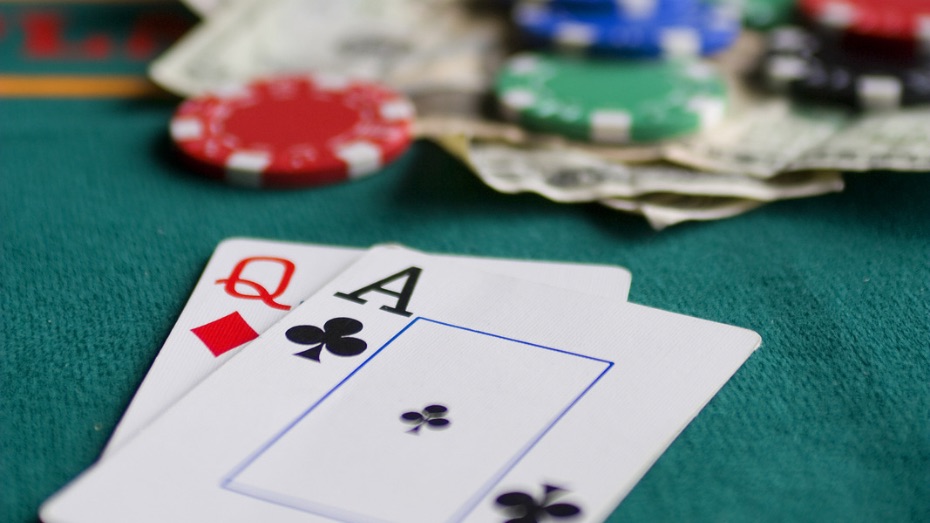
Player Odds Table
If you want to raise your chances of winning at blackjack, it’s essential to understand probability and how it relates to the game’s odds. The following table displays the simplest basic illustration of probability analysis, assuming that you choose to hit after receiving your first two cards. A hand that totals exactly 21 is known as a “natural blackjack.”
0% 12 31% 13 39% 14 56% 15 62% 17 69% 18 77% 19 85% 20 92% 21 100% are the odds that a hand will have a value of 11 or less.
Dealer Odds Table
Before starting any blackjack game, each player must keep in mind the adage that the house always wins. Dealers typically have a higher chance of winning a blackjack game than players do since they finish second.
The blackjack house rules affect the dealer’s odds differently, but this allows them to play strategically. At some tables, the dealer’s odds of winning are reduced when they stand on a soft 17.
The table below displays the possibility of the dealer busting with each card.
The odds of the dealer’s cards are: Ace 17%, 2, 35%, 4, 40%, 5, 42%, 6, 26%, 8, 24%, 9, 23%, and 10% (S17).
Blackjack Odds Types
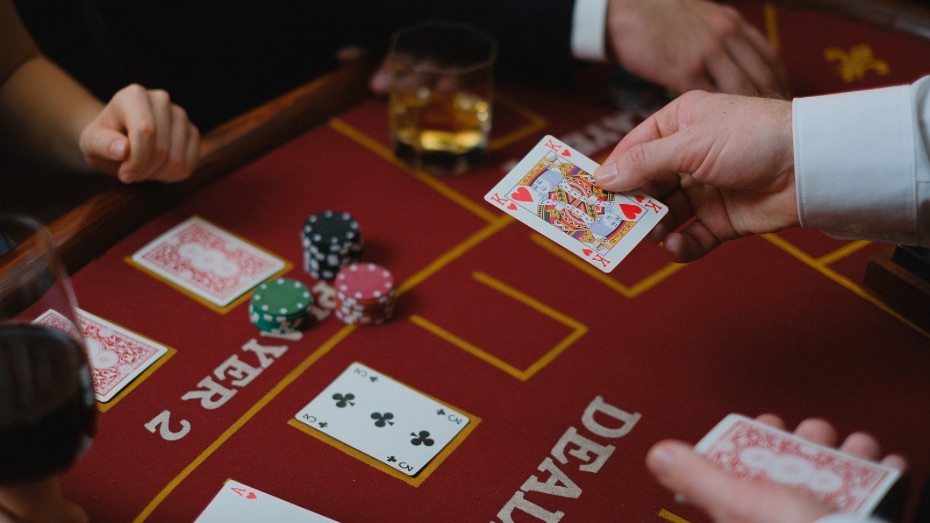
When comparing table games and their total casino odds, blackjack has one of the lowest house advantages of all the casino games. But it’s important to remember that every variant has a different house edge. Blackjack experts are aware of the best table for their chances of winning.
We’ll talk about the most popular blackjack variants and their corresponding house edges.
How Are BlackJack Odds Calculated?
Blackjack odds can be conceptualized in one of two ways: as positive or negative projected win rates. Both of these expressions help to describe the chances and expected value of victory in particular circumstances while keeping in mind the house advantage.
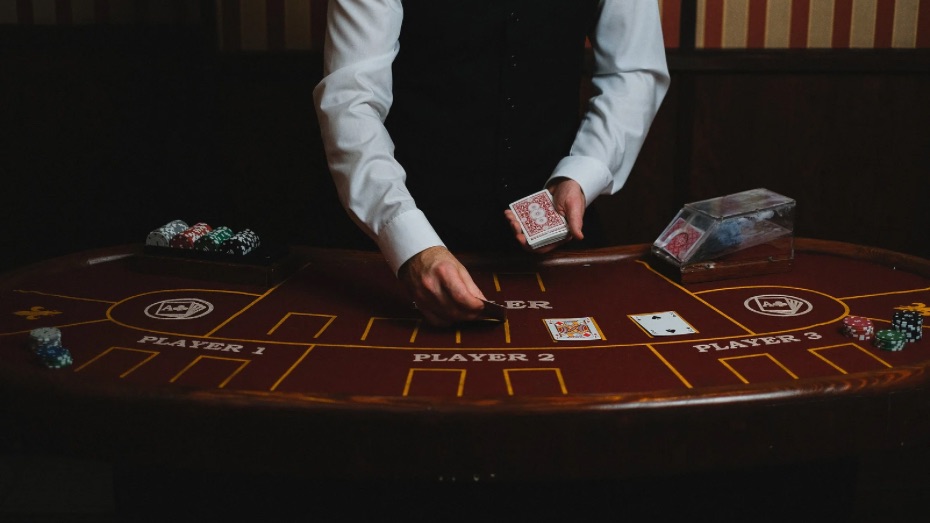
You may come across the term “true odds” as you study about blackjack. The chances that a wager will pay out at the same pace as predicted by its probability percentage are known as real odds.
Can I Raise My Chances of Blackjack?
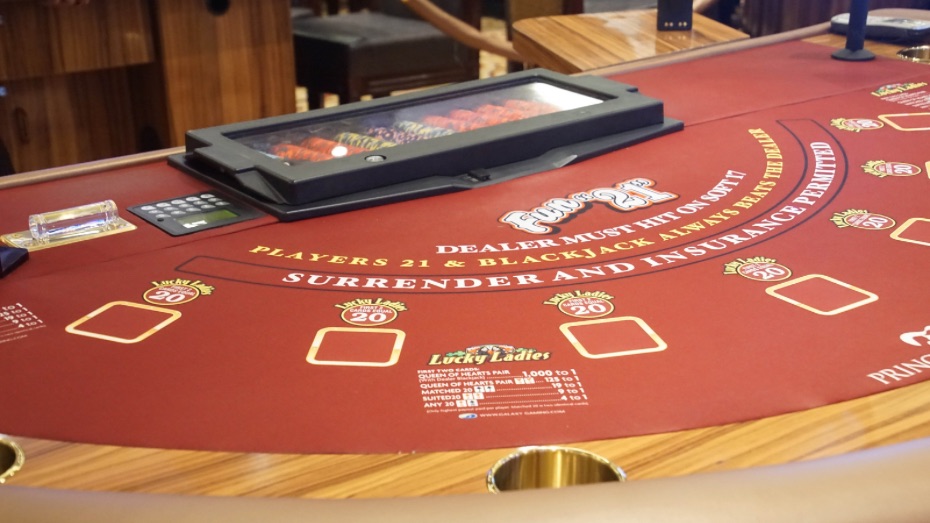
The secret to increasing a player’s chances of success in a regular game of blackjack is to understand the mathematical intricacy of the winning probabilities in blackjack. Some examples of how a player can improve their chances include the following:
Being aware of the odds can make a huge impact
Your ability to judge your next move and increase your chances of winning regardless of the cards you have been dealt heavily depends on your understanding of the blackjack odds. Experienced professionals should be aware of their odds of winning blackjack and compare them to the dealer’s odds.
Naturally, this will require a thorough memory process and familiarity with the basic tactic. Basic strategy players don’t always play well, but this approach might be helpful when playing a few hands whose results are unpredictable.
Decrease breaking
The projected value of your hand determines how likely you are to burst if you choose to hit another card. Most players should immediately understand this, especially if they have played the game for some time. The same is true for the dealer.
If the dealer has 16, they must hit, but there is a higher chance that they will bust than that they will win. The player is in a perfect situation, but this doesn’t always happen. If the player has 16 points, they are excused from having to hit.
The player must carefully weigh their alternatives before selecting whether to hit, stand, or even surrender given the extremely high possibility that they will burst if they hit.
Finding out if the dealer has a high chance of breaking
Consider that in this situation, you have a low-value hand like a 13, and the dealer has an upcard of 6. You might believe that hitting is a good idea even though 13 is a long way from 21. This isn’t always the case, though. The likelihood that the dealer will bust increases if the hand value of the dealer is six since there is a strong likelihood that the dealer will hit twice. If you let your hand of 13 stand in this situation, there is a strong chance that the dealer will bust because they may have to hit twice. Thus, you will triumph in the game.
Pay close attention to both your hand and the dealer.
Naturally, if the dealer in the aforementioned scenario has an ace hole card, you lose; nevertheless, the dealer’s chances of this happening are greatly reduced. It’s crucial to pay attention to both your hand and the dealer’s hand because of this. Novice players might just concentrate on their cards with a hand value of 13 and realize that they have a low chance of going bust if they hit and a strong possibility of increasing their hand value closer to 21. Compared to the dealer having an ace in the hole, they have a considerably larger chance of failing.
Being aware of when to stand
If the dealer holds an eight-valued hand, the house has a nearly 40% chance of busting out if the player has the patience and understanding to wait it out. If a player is uninformed of these blackjack odds and is just focused on their hand, they will bust out before the house and be forced to accept a loss. Therefore, rise if there are 13 and 8 people in the house! This is just one example, but perhaps it shows how important it is to at least have a general understanding of the odds. Players must consider both their hand and blackjack odds as well as the dealer’s odds if they want to win any blackjack reward.
The Probability of Getting Blackjack
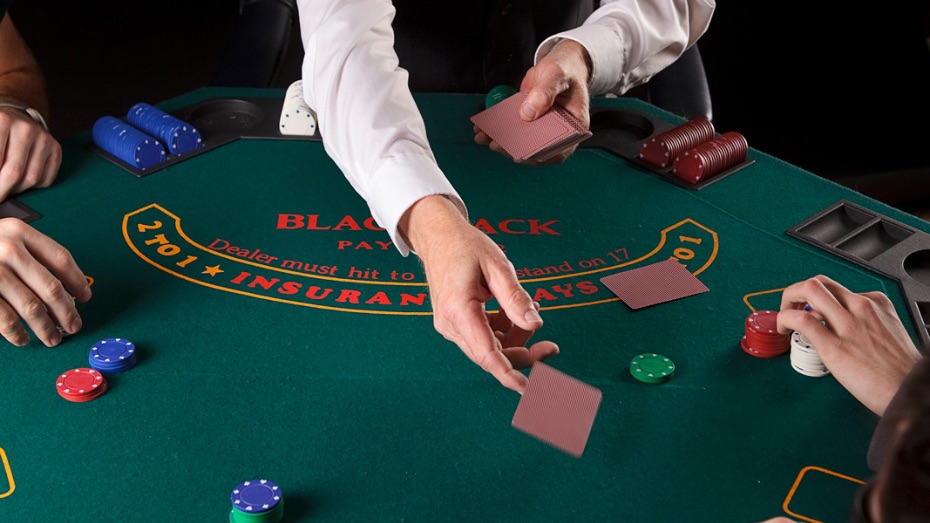
You learn how challenging the game of blackjack is as you attempt to develop certain winning strategies. Blackjack is frequently played by individuals who merely acknowledge that it is a game of chance and let the outcomes as they are.
Professional players, on the other hand, continuously employ math and odds to their advantage in order to improve their chances of winning and reduce the inherent house advantage. Making the most of your game depends on your capacity to play blackjack employing fundamental strategies and gain an advantage over the house.
In Blackjack, How Is Probability Calculated?
Probability is calculated using potential outcomes, such as winning and losing. The chances of getting a blackjack when an ace and a 10-value card are dealt naturally are 2/52, or 0.038, assuming that there is a 20% chance of getting one card out of five. But this only takes into account one deck.
In online blackjack, a random number generator, or RNG, is employed. Every variety of online casino game uses the RNG, ensuring that the result is determined by chance. The RNG ensures that you are always dealt cards from a 52-card deck. So, the probability stays constant at 4.83%. However, blackjack can be played with eight decks.
As a game’s number of decks increases, some things start to change. The likelihood decreases when playing blackjack with more decks; for instance, the probability of getting blackjack is 4.78% with two decks. A six-deck game, which is often more common at a casino than tables with fewer cards, will have a slightly lower likelihood (4.75%) than a game with less cards.
A Game of Blackjack’s House Edge
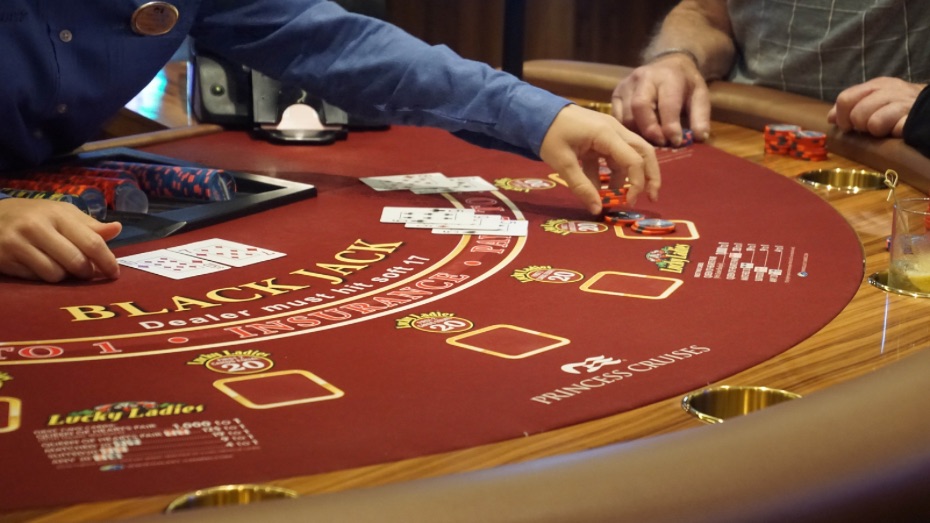
A player must first understand the fundamental advantage the house has over them in order to learn blackjack. If the house had the advantage, they wouldn’t have any reason to keep the game going. This is due to the fact that they would merely lose everything they had and generate no profit. But that doesn’t mean you can’t be successful.
To give yourself the best chance, you must be prepared, play blackjack flawlessly using core strategy, and know when to stop.
The House Edge: How Is It Determined?
The mathematics underlying the game initially didn’t intrigue or excite casino owners much. They were fully conscious of their success as blackjack dealers. Their great financial success was largely due to the rules that stipulated that players had to take action before the dealer and that player bets were automatically lost if a player’s hand totaled more than 21.
The casinos quickly understood that this advantage over players was unfair. Out of worry that players’ interest in the game could dwindle, they included a few extra advantageous blackjack rules for them. A 3:2 payout on a “natural” blackjack as well as the options to double down and hit split aces were added.
The fact that the player is always compelled to make the initial selection at a blackjack table gives the house an edge. In other words, the choice of whether to hit and draw a new card or to hold one’s hand is up to the player.
A player who chooses to hit has a chance of busting out if they do so. Therefore, it is likely that the player will lose the round before the house is forced to make a decision on its hand.
In order to calculate the house edge, blackjack players must divide the negative projected value by the whole amount of their stake.
Reducing The Blackjack House Edge
There are some ways for the player to lessen the house edge, despite it being present. By employing rule modifications like split aces and surrender, among others, the player can increase their chances and reduce the house edge. Further improving the player’s prospects are tables with single-deck games and those where the dealer stands on a soft 17. Experienced gamblers commonly employ these tactics in real-world and online casinos to obtain a slight edge and reduce the house advantage.
Strategy charts also reduce the house advantage. When a strategy card based on composition-dependent strategic playing is strictly followed, the house edge can be reduced by 5.3%.
One thing to keep in mind is to avoid even-money wagers. The odds are not in your favor when placing even money bets, like the insurance side wager, therefore you have a lower chance of winning. An even-money wager is one that pays out 1:1. Optional side bets or insurance frequently have a higher house edge than the main wager, which dramatically increases the likelihood of losing. The decision to choose the chances that are most favorable to you is ultimately yours.
FAQs
Conclusion
There is no way for players to overcome the house’s inherent edge, even though understanding and mastering blackjack odds and strategies would give you a bigger advantage. Unless you are a mathematical prodigy who can master the secret art of card counting, even the best players will only be able to reduce the house edge to a certain extent when adopting a composition-dependent strategy. But by understanding these blackjack odds and strategies, you can increase your chances of having winning streaks.
You will be well on your way to taking some odds away from the casino if you can grasp these key concepts. Even though you are still not guaranteed to win and the odds are still almost always marginally in the house’s favor, playing your cards effectively will help you increase your chances of winning at blackjack. Additionally, honing your skills at Lodibet’s blackjack tables can further enhance your understanding and proficiency in the game.
